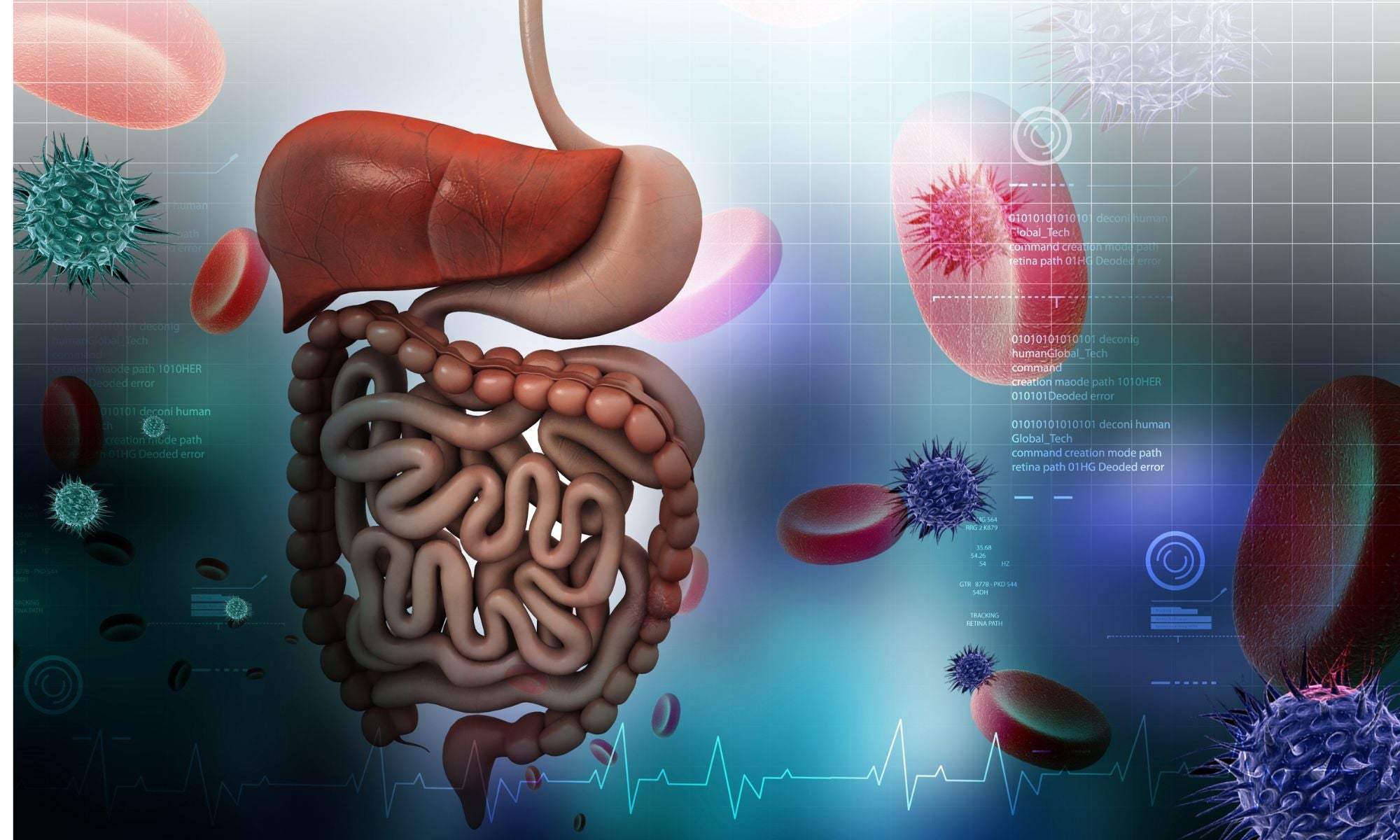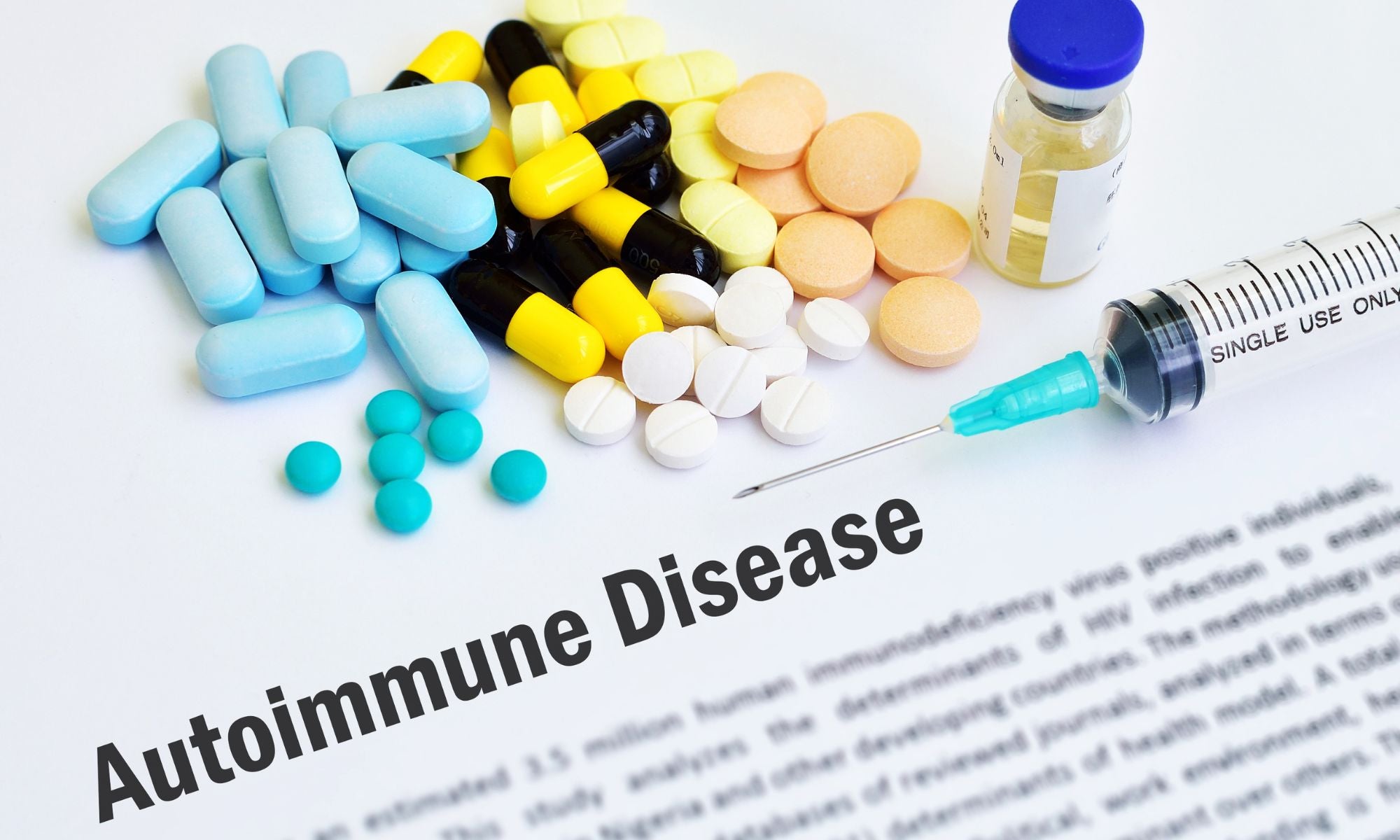
THE IMPORTANCE OF THE GUT MICROBIOME TO OVERALL HEALTH
Did you know that the human body consists of over trillions of fungi, viruses, and bacteria? Collectively, they are called the microbiome.
A few bacteria in our body are linked to diseases. However, there are some that are proven beneficial for heart health, weight issues, digestion, and many others.
Let’s study more about the gut microbiome to understand how it works.
What Exactly Is the Gut Microbiome?
The gut microbiome impacts our overall health significantly. The bacteria, fungi, viruses and different tiny living things in the body are also known as microbes or microorganisms.
In the human body, there are trillions of microbes existing mostly in the gut. Most of them are in the “pocket” of the colon known as “cecum.” This is what we call the “gut microbiome.”
Out of all the kinds of microbes within the body, the most well studied of them all is bacteria. As a matter of fact, the number of bacterial cells inside the body is greater than the number of human cells we have.
Approximately 40 trillion bacterial cells are lurking within the body, unlike human cells that are only roughly 30 trillion. In light of this fact, it is safe to say that we are actually more bacteria than we are human.
In addition, over 1,000 bacteria species are present inside the gut. Each bacteria has a unique function in your overall health. Some of these are beneficial, while others are destructive and may cause diseases.
All in all, if you put these microbes together, it may possibly weigh as heavy as 2 to 5 pounds. Interestingly, this is approximately the normal weight of the human brain. It is like an additional body organ due to its weight and its huge part in the overall health.
How Does the Gut Microbiome Impact the Body?
The moment that you have been born into this world, your gut microbiome immediately starts to impact your health in many different ways.
The very first time you are exposed to microbes occurs the moment you come out of your mother’s birth canal. Yet, there have been recent studies indicating that even while inside the womb, babies may already be exposed to some microbes.
As the baby develops and grows, the gut microbiome starts to expand. This is a good thing because greater microbiome diversity is known to be beneficial for the health.
Fascinatingly, the food that is put inside our bodies greatly affects the assortment of our gut bacteria.
The gut microbiome impacts the human body in many ways, such as:
- Digesting breast milk’s healthy sugars: Bifidobacteria is one of the types of bacteria that develop within a baby’s intestines. It helps in digesting the beneficial sugars contained in breast milk which are essential for proper development.
- Digesting fiber: There are some types of bacteria that digest fiber, generating short-chain fatty acids. Fiber is beneficial for having a healthy gut. Plus, it is able to assist in the prevention of diabetes, weight gain, cancer and heart issues.
- Helping regulate the immune system: Keep in mind that the gut microbiome doesn’t just affect the digestive system, but also impacts the immune function. Since the gut microbiome interacts with your immune cells, this process control how the body reacts to certain infection.
- Helping regulate brain function: Recent studies propose the ability of your gut microbiome to impact the nervous system, resulting in the regulation of brain function.
For this reason, there really are numerous ways for the gut microbiome to influence the overall health of a person.
The Gut Microbiome and the Digestive System
The gut microbiome plays a huge part when it comes to various gut issues such as inflammatory bowel disease and irritable bowel syndrome.
The cramps, bloating, and abdominal discomfort experienced by patients suffering from IBS experience could be because of gut dysbiosis.
Studies indicate that patients who are suffering from the symptoms of IBS, such as abdominal discomfort and bloating, might be as a result of gut dysbiosis—a term for a microbial imbalance. When this occurs, the microbes yield excessive gas and different other compounds, which then contribute to the common symptoms of having an intestinal disorder.
On the other hand, some of the good bacteria in the gut microbiome can significantly improve your gut health. Lactobacilli and Bifidobacteria help inhibit leaky gut by sealing the openings within the intestinal wall. They are also able to inhibit destructive bacteria from penetrating.
In addition, studies show that consumption of probiotics that hold Lactobacilli and Bifidobacteria are able to lower IBS symptoms.
The Gut Microbiome and Weight Issues

Gut dysbiosis, the one we just mentioned earlier, may cause weight gain.
Quite a few major studies revealed how the gut microbiome totally differs between identical twins that have different weight issues. The other has a healthy weight, while the other is suffering from obesity. This clearly confirmed that variances in the microbiome were not hereditary.
Providentially, probiotics are beneficial in achieving a healthy microbiome and are able to assist in weight issues. Despite these facts, however, the effects of probiotics when it comes to weight issues are fairly small, with people losing only 2 pounds.
The Gut Microbiome and Heart Health
The gut microbiome can also impact heart health.
One modern research with 1,500 participants discovered the essential role of the gut microbiome when it comes to supporting HDL cholesterol (also known as good cholesterol) and triglycerides.
In contrast, some harmful microbes in the gut microbiome can cause heart disease through yielding TMAO (also known as trimethylamine N-oxide)—a type of chemical that can block arteries, resulting in strokes or heart attacks.
A certain type of beneficial bacteria in the gut microbiome transforms L-carnitine and choline (nutrients found in animal-based foods like red meat) to TMAO, possibly increasing the risk of heart complications.
Yet, there are types of bacteria in the gut microbiome, mainly Lactobacilli, that assist in the reduction of cholesterol levels.
The Gut Microbiome and Diabetes
Furthermore, the gut microbiome can also assist in regulating levels of blood sugar and impact the risk of having both type 1 Diabetes and type 2 Diabetes.
One study discovered that when people consume exactly the same type of food, blood sugar could still differ significantly. The reason for this might be due to the diversity of gut bacteria.
The Gut Microbiome and Brain Health
Aside from impacting weight and heart issues, the gut microbiome can also affect brain function in numerous ways. The "gut-brain axis" is the term for the complex connection between the gut and the brain.
Initially, some bacteria species may assist in the production neurotransmitters. For instance, serotonin is a type of neurotransmitter that works as an antidepressant. Most of the serotonin is produced inside the gut.
Additionally, the human gut is actually linked to your brain by means of countless nerves. As a result, the gut microbiome can also impact the brain through assisting to control the communications sent to your brain through millions of nerves.
Several studies have discovered that patients who are suffering from different types of psychological disorders possess dissimilar species of gut bacteria, in comparison to healthy people. It proposes the effect of the gut microbiome on the brain’s function.
Still, it's uncertain if these results are just because of the dissimilar nutritional and lifestyle practices. More studies have to be conducted on the issue.
Improving the Gut Microbiome
Your gut might be communicating with you. If you want to improve the condition of your gut microbiome, there are many ways you can do so. These include:
-
Consuming a wide range of healthy foods: A healthy diet is the number one factor to consider if you want a healthy and diverse gut microbiome.To be specific, beans, legumes and fruits that hold fiber are able to stimulate the development of Bifidobacteria.
-
Consuming probiotic-rich or fermented foods: Probiotic food sources contain a good bacteria known as Lactobacilli, which is able to lower the number of harmful gut bacteria. Some of the best fermented foods to include in your diet are yogurt, kefir, kimchi and sauerkraut.
-
Eating whole grains: Keep in mind that whole grains hold high amounts of fiber and healthy carbs such as beta-glucan, which may benefit weight, diabetes and many other different disorders.
-
Going for a plant-based or vegetarian diet: A vegetarian diet can assist in reducing levels of harmful bacteria in the body, like E coli. Aside from that, vegans also have a lower risk of high levels of cholesterol and inflammation.
-
Eating polyphenol-rich foods: Polyphenol is digested by the gut microbiome in order to fuel healthy bacterial development. Some polyphenol-rich foods include green tea, olive oil, whole grains, and red wine.
-
Consuming prebiotic foods: Prebiotics help a lot in stimulating the development of good bacteria in the gut. Some prebiotic foods include bananas, oats, and asparagus.
-
Avoiding antibiotics if possible: Taking antibiotics destroys a lot of bacteria in the gut, including the good ones. When this happens, it may lead to weight gain and resistance in antibiotics. That’s why it is imperative to consume antibiotics only when medically needed.
- Taking probiotic supplements: Probiotics are beneficial bacteria that assist in the restoration of the beneficial bacteria in the gut microbiome. They provide so many health benefits to overall well-being.
Final Thoughts
If you have an unhealthy gut, you may suffer from weight issues, high cholesterol, high levels of blood sugar and other symptoms.
If you want to promote the growth of beneficial microbes in the gut, eating the right type of foods will help, such as fruits, vegetables, nuts, seeds, whole grains, and probiotic-rich foods.
![]() SUMMARY:
SUMMARY:
The gut microbiome consists of trillions of microorganisms such as bacteria, viruses, fungi. It has a huge part in the overall health of a person, assisting almost every organ in the body. It helps in digestion, benefits the immune system, and assists other bodily function.












